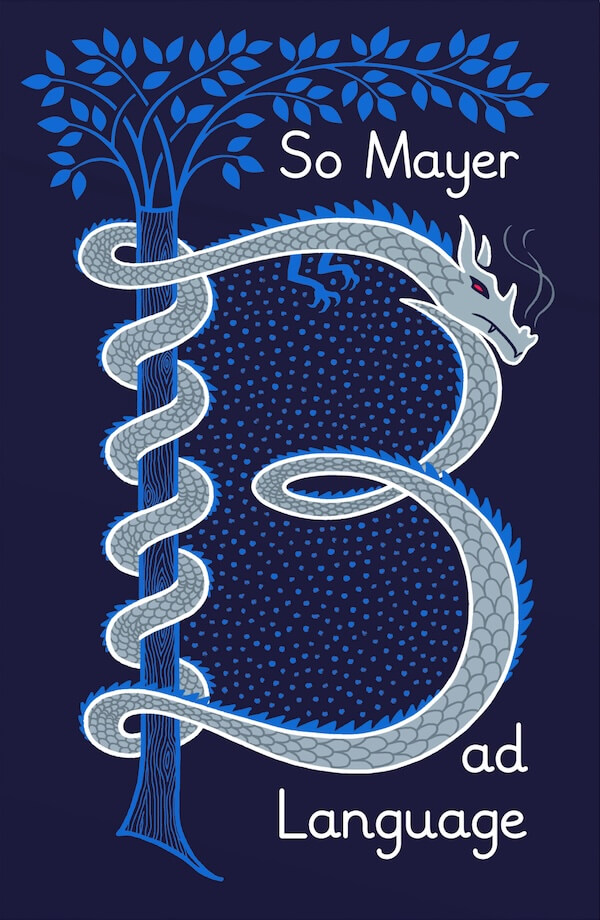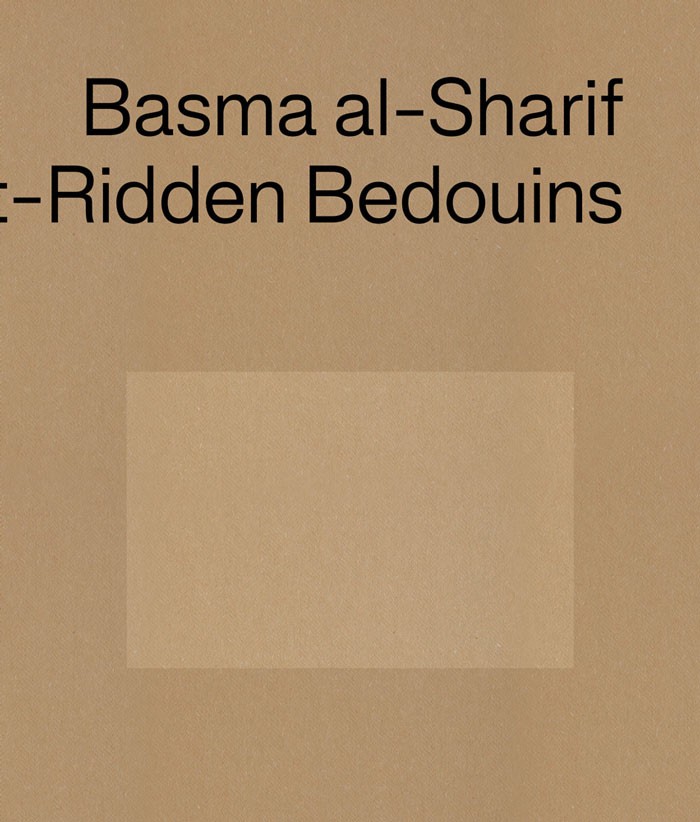
S.C.U.M. Maniifesto
An A6 pocket pamphlet edition of Valerie Solanas’ diatribe against men and the world they have made.
This limited edition has a misprint on the front cover.
In 1967 Valerie Solanas wrote an essay, both stringent and ironic – critiquing men, and the way the male-dominated scientific and academic world wrote about women. The Society for Cutting Up Men was her proposed solution. Deeply sincere and roguishly tongue-in-cheek, it is an essay worth reading, both for its insight into the mind of a person who had undergone and would undergo significant trauma in her life, and also inflict trauma on others.
Valerie Jean Solanas was born on April 9th, 1936. She’s best known for writing The SCUM Manifesto, and of course, attempting to murder an artist called Andy Warhol, in 1968. Solanas had an extremely troublesome childhood. Abused by her father and grandfather, she then had a volatile relationship with her mother and stepfather after her parents’ divorced. Solanas came out as a lesbian in the 1950s and relocated to Berkeley, California, where she wrote SCUM Manifesto, which urged women to “overthrow the government, eliminate the money system, institute complete automation and eliminate the male sex.
Language: English






